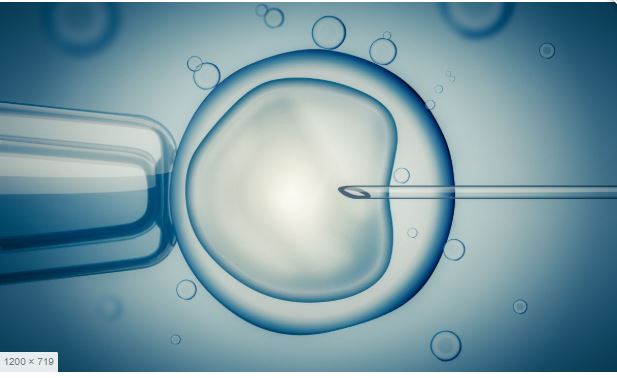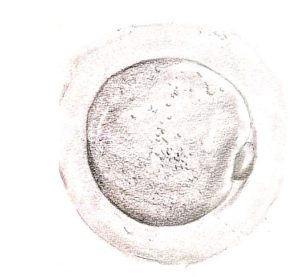While a woman is born with all the eggs she will ever have, thus placing a ‘time-limit’ on her
fertility potential, a man’s fertility is constantly renewing itself: The male body can make around
100-200 million new sperm each day! However, regardless of this ability, studies have shown
that age-related male fertility decline is a factor in a man’s ability to conceive a child with his
partner.
The age-related fertility decline is seen beginning in men over age 40, where one study showed
that the chances of conceiving a child naturally within one year was 30% less likely after age 40.
Several further studies have shown similar, and sometimes even stronger, effects. Some have
shown an increase, with age, in the chances of miscarriage, as well as the chances of the child
being born with birth defects.
There are several factors that contribute to this age-related decline, even in healthy men. With
time, decreases are seen in sperm motility, morphology, and the overall semen volume. While
each of these factors is only decreasing in the smallest amount from year to year, it does add up
with time. These effects are miniscule compared to the decline in female fertility seen over time.
It is important to note that, once a woman finishes her egg reserve, reaching menopause, she
becomes infertile; however, the fertility decline in men does not result in infertility.


